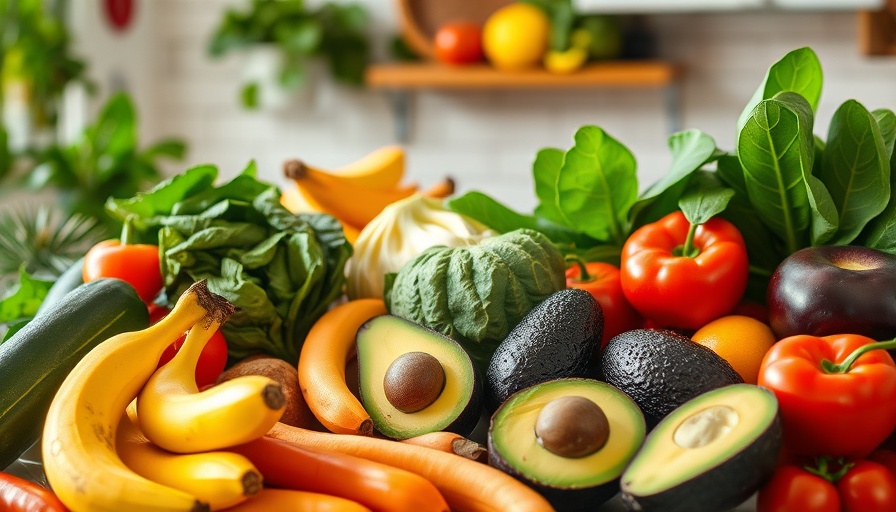
Why Bananas Might Be The Key to Managing High Blood Pressure
High blood pressure, or hypertension, is a silent epidemic affecting over 30% of adults globally. It places individuals at heightened risk for coronary heart disease, stroke, chronic kidney disease, and even dementia. Given these grave concerns, the search for effective dietary interventions has gained momentum. Recent research from the University of Waterloo offers a promising perspective: rather than simply reducing sodium intake, increasing potassium consumption—found abundantly in bananas—could lead to better blood pressure management.
The Crucial Ratio: Potassium vs. Sodium
The conventional wisdom surrounding high blood pressure has emphasized minimizing salt, but this research shifts the focus. Lead researcher Melissa Stadt notes that early humans had diets rich in fruits and vegetables, which naturally resulted in high potassium levels and lower sodium consumption. Today, however, the Western diet is alarmingly skewed towards higher sodium intake, which can negatively affect blood pressure.
This imbalance may explain why industrialized societies have higher incidents of hypertension, while isolated communities that maintain traditional diets suffer less from this silent killer. The study proposes that simply adding more potassium-rich foods like bananas and broccoli is not only beneficial but might be a more effective strategy than focusing solely on reducing sodium.
Understanding Dietary Electrolytes: The Role of Potassium and Sodium
Potassium and sodium are both electrolytes, playing significant roles in various body functions. They help control muscle contractions, hydration levels, and nerve signals. However, the relationship between potassium and sodium is more intricate than it seems. The new mathematical model employed by the researchers indicates that the potassium to sodium ratio is vital in regulating blood pressure, potentially offering personalized dietary recommendations based on individual health profiles.
Why Gender Differences Matter in Blood Pressure Regulation
Interestingly, the study highlights sex differences in how individuals respond to potassium intake. Men are found to be more susceptible to developing high blood pressure compared to pre-menopausal women, and they may also benefit more from increasing dietary potassium. This suggests that tailored nutrition plans could benefit both genders differently, prompting further research into customized dietary guidelines.
Practical Tips for Boosting Your Potassium Intake
Incorporating more potassium into your diet can be an enjoyable and rewarding experience. Start by adding potassium-rich foods to your meals:
- Bananas: A convenient snack, rich in potassium.
- Leafy greens: Choices like spinach and kale can enhance salads and smoothies.
- Sweet potatoes: A versatile vegetable that's delicious roasted or mashed.
- Beans and legumes: Great source of potassium and protein, perfect for hearty meals.
- Avocados: Not only high in potassium but also healthy fats.
Making these dietary changes doesn’t just contribute to better blood pressure control; it also promotes overall health and wellness.
Community Health and Wellness: The Broader Impacts
On a larger scale, addressing dietary habits through community health initiatives can drive significant changes in public health. Programs in cities like San Antonio that focus on health and wellness education can influence consumption patterns and empower individuals to take charge of their health. For instance, local health centers can offer workshops on cooking with potassium-rich ingredients, creating a shift towards improved dietary practices.
Conclusion: A Simple Change for Remarkable Health Benefits
Incorporating more potassium-rich foods, particularly bananas, could be a game-changer in how we think about managing high blood pressure. With hypertension posing such a significant threat to health worldwide, this new understanding of potassium's role offers an actionable insight for anyone looking to improve their health. Think of it as an easy, delicious way to take one step closer to optimal health and wellness.
Ready to make a positive change? Start today by embracing more potassium-rich foods in your diet and investigating community health initiatives that focus on balanced nutrition.
 Add Element
Add Element  Add Row
Add Row 




Write A Comment